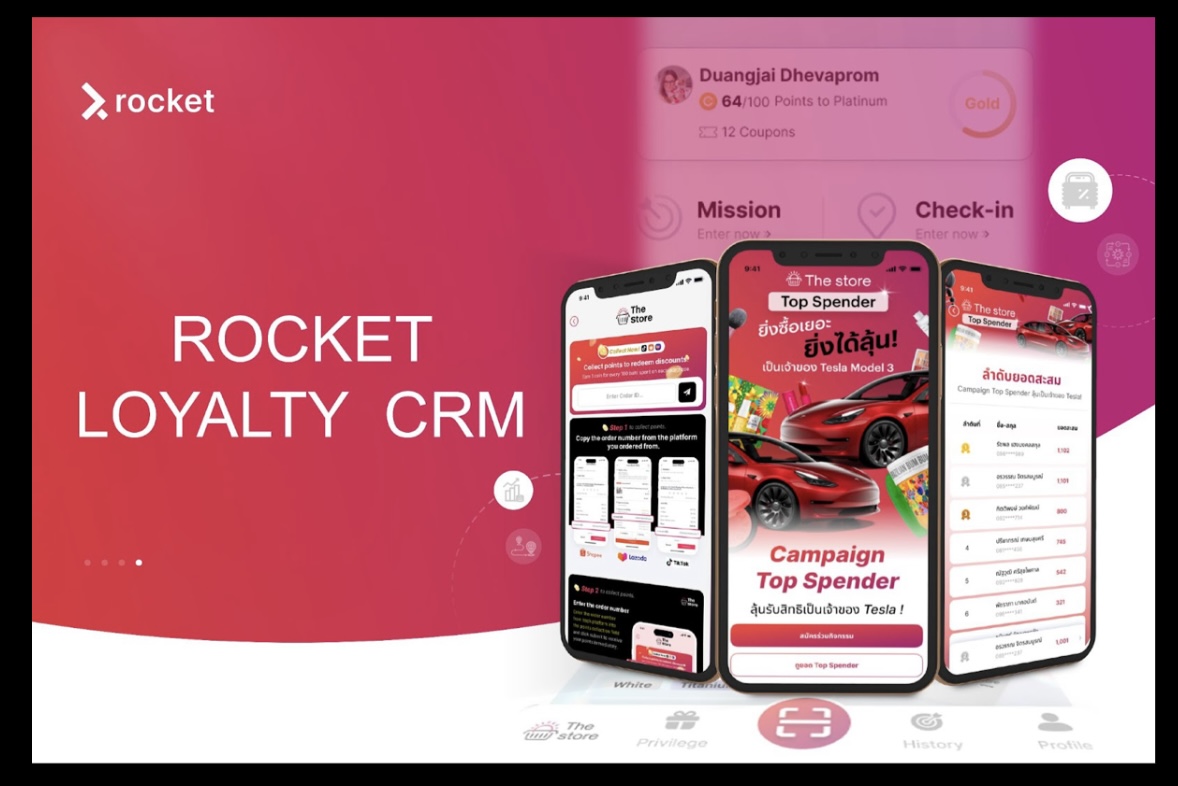Introduction
In an age where everything is online and in real time, customers demand nothing but fast, efficient customer service that is tailored to them. As customers engage with brands across multiple channels – including email, live chat, social media and phone – managing those conversations effectively can become quite daunting. That’s where the CRM (Rocket CRM) automation comes into picture. The benefits for businesses The advantages of automating across channels are clear: Firms can reduce the burden of communication, response times and commensurate service levels.
Centralizing Communication with CRM
One of the greatest struggles companies have is disorganized communications. They want an immediate answer however they communicate. CRM platform acts to pull all of those disparate conversations into a single dashboard. No matter if the customers reach out to you through email, social media or live chat – now all of their messages will be displayed in one view for support agents.
This centralizes everything so that you don’t need to constantly switch between tools, run the risk of missing messages and track every single message that a customer ever sent or received. This way, agents are presented with the full context of all past conversations and can answer more effectively and also provide more personalized support.
Automating Routine Interactions
Modern CRM software includes automation, which can manage repetitive support tasks allowing agents to concentrate on more complicated inquiries. Bots, for example, can use AI to answer frequently asked questions such as ‘where’s my order’, ‘payment failure’ or even the availability of products – and solve them without ever involving a human being.
Further than chatbots, automated workflows are there to direct tickets towards the right department, assign priorities to urgent requests and can even trigger follow-up emails. This automatization doesn’t just reduce the time spent on answering, it also eliminates the risk of missing any customer request. And finally, companies can provide support 24/7 without overburdening themselves.
Consistent Omnichannel Experience
Today’s customers are fluid in crossing communication channels. They may initiate a conversation on social media, follow up via email and anticipate a phone call resolution. – Without a strong CRM system, transitioning business can lead to disconnected conversations and angst.
By streamlining the support journey in a CRM, businesses can adhere to that consistent voice and experience — no matter where they play. Each customer’s history and preferences are at the fingertips, so no matter who picks up a case—or which channel is used—the support continues to be personalized and consistent. That kind of consistency breeds trust and takes the friction out of the overall customer experience.
Enhanced Collaboration and Knowledge Sharing
Information can get siloed when communication takes place across many channels. An effective CRM eliminates this roadblock by establishing an accessible space for all support agents to see customer information, ticket history and internal notes.
Automation also takes it a step further by pinging the appropriate teams for updates, escalating issues that are not resolved, and in some cases even figuring out what went wrong based on past instances. This enables streamlined cooperation with much shorter time to resolutions and fewer hand-offs, saving time when serving customers.
Monitoring and Learning in Real-Time
Automatic actions inside of a CRM do two things: They ease operations and they offer visibility into support performance. Channels and Metrics in Real Time With real-time analytics, you see performance metrics such as response times, resolution rates and customer satisfaction scores across all channels.
Such insights can help businesses to spot any weakness and refine their support strategies. For instance, if the data show that response times are lagging on social media, companies could dedicate more resources or automate responses to common queries there. Such a data-driven model makes sure that the support quotient remains parallel to customer expectations as they evolve.
Future-Proofing Customer Support
Just as communication channels change, so do customer’s demands. Automation of the CRM keeps you ahead of time and updated to new technologies and platforms. Further, by using scalable workflows, companies can plan to incorporate new channels—for example messaging applications or AI-fueled virtual assistants—without having to rip out and replace an entire support infrastructure.
Conclusion
In today’s multi-channel digital world you can’t afford not to provide your customers with top quality customer service. With the automation of CRM, businesses can simplify communication, cut response times and provide a personalized experience to everyone who they touch. Through consolidating communications, automating mundane tasks and relying on real-time analytics, businesses are able to streamline operations and create closer, more loyal customer relationships. At the end of the day, integration with support is just one aspect of a well-run Rocket CRM — it’s about bringing customer-focused communication under control.

